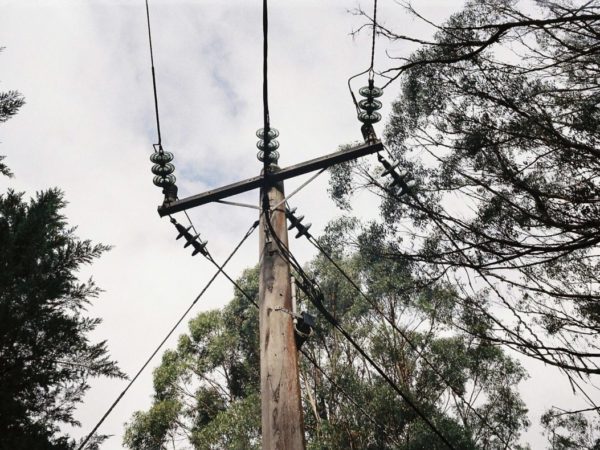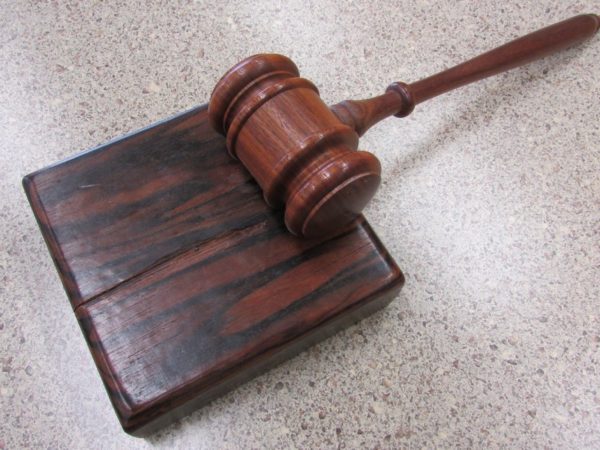
Customers who paid Sun Badger Solar for installations that never came won’t get a refund — at least for now. The Wisconsin-based company’s limited remaining assets will instead be used to cover a fraction of its employees’ unpaid wages. The Wisconsin Department of Workforce development expects to receive about $126,000 to go toward employee compensation. It found last June that Sun Badger Solar owed about three-dozen employees a combined $430,363. But customers may see some of their money returned in the future if the case is reopened or if they bring individual legal action against the company.
In brighter solar news, the first phase of a solar project at Minnesota’s Sherco coal plant started sending power onto the grid this fall. There are currently about 500,000 solar panels at the Xcel Energy site, and the utility expects to triple that amount by 2026. The project is intended to replace some of the energy generated by the coal plant. One of the plant’s three units was retired last year, with the remaining two set to follow in the coming years.
There’s more doom and gloom this week, though. A Canadian electric bus manufacturer is hitting pause at its facility near Joliet, Illinois. Lion Electric, which said in 2023 that it planned to produce 20,000 electric buses per year, has since fallen short of its sales goals. The company also announced temporary layoffs of about 400 employees, more than half of its workforce. Joliet Mayor Terry D’Arcy said in a statement that the company “will evaluate its options, including a potential sale of the business, which could lead to the reopening of the Joliet production site.”
Meanwhile, a major Midwestern transmission line has won conditional approval for a big federal loan — if it can be finalized during the current presidential term or President-elect Trump follows through. The federal government announced a commitment of up to $4.9 billion for the first phase of the Grain Belt Express, which would span about 578 miles in Kansas and Missouri.
Two electric vehicle battery plants in the works north of Indianapolis are in a similar position. The proposal from Stellantis and Samsung SDI has won a conditional commitment of up to $7.5 billion, but the loan may not be finalized before Trump takes office.
More energy news, in case you missed it:
- Canada has identified Wabigoon Lake Ojibway Nation and the Township of Ignace, Ontario, as the preferred site for its nuclear waste repository following a search that lasted more than a decade.
- A mine on Michigan’s Upper Peninsula wants to process its tailings to increase its output and reduce waste.
- Environmental groups in Indiana worry that the federally backed Midwest Hydrogen Hub will help keep oil and gas companies in business.
- A Michigan law that allows the state to override local objections to wind and solar projects went into effect late last month as dozens of townships and several counties fight its implementation.
- An Indiana utility, regulators and private companies reached a settlement agreement meant to protect ratepayers from footing the costs of serving data centers.
Catch more news at Great Lakes Now:
Energy News Roundup: Line 5’s potential reroute plus mining permits stoke fears of contamination
Energy News Roundup: More energy transition ups and downs
Featured image: Solar panels. (Photo Credit: Great Lakes Now)




